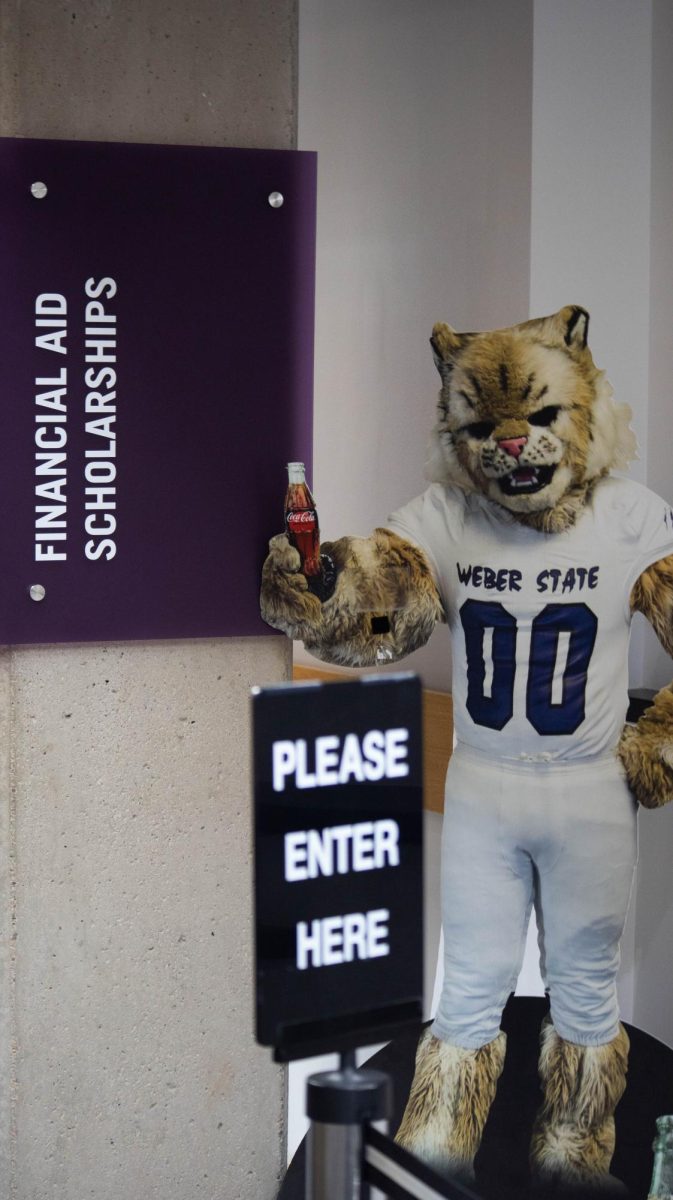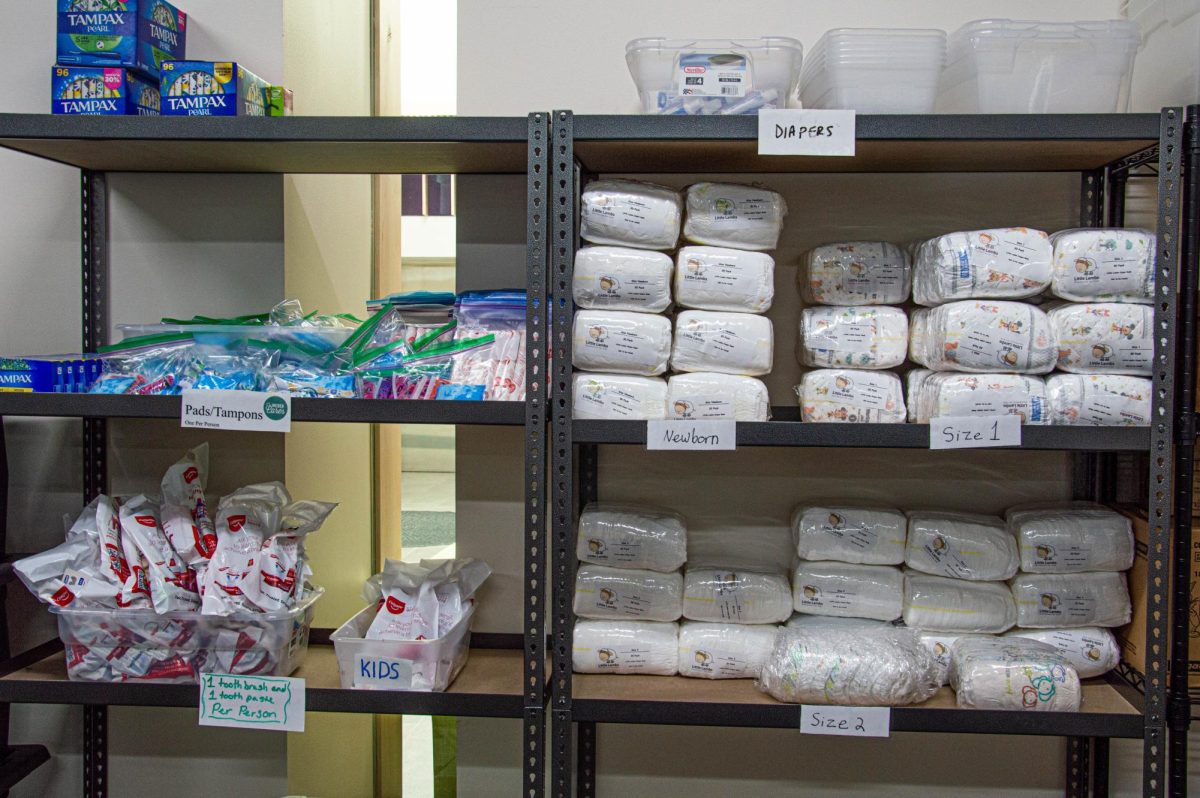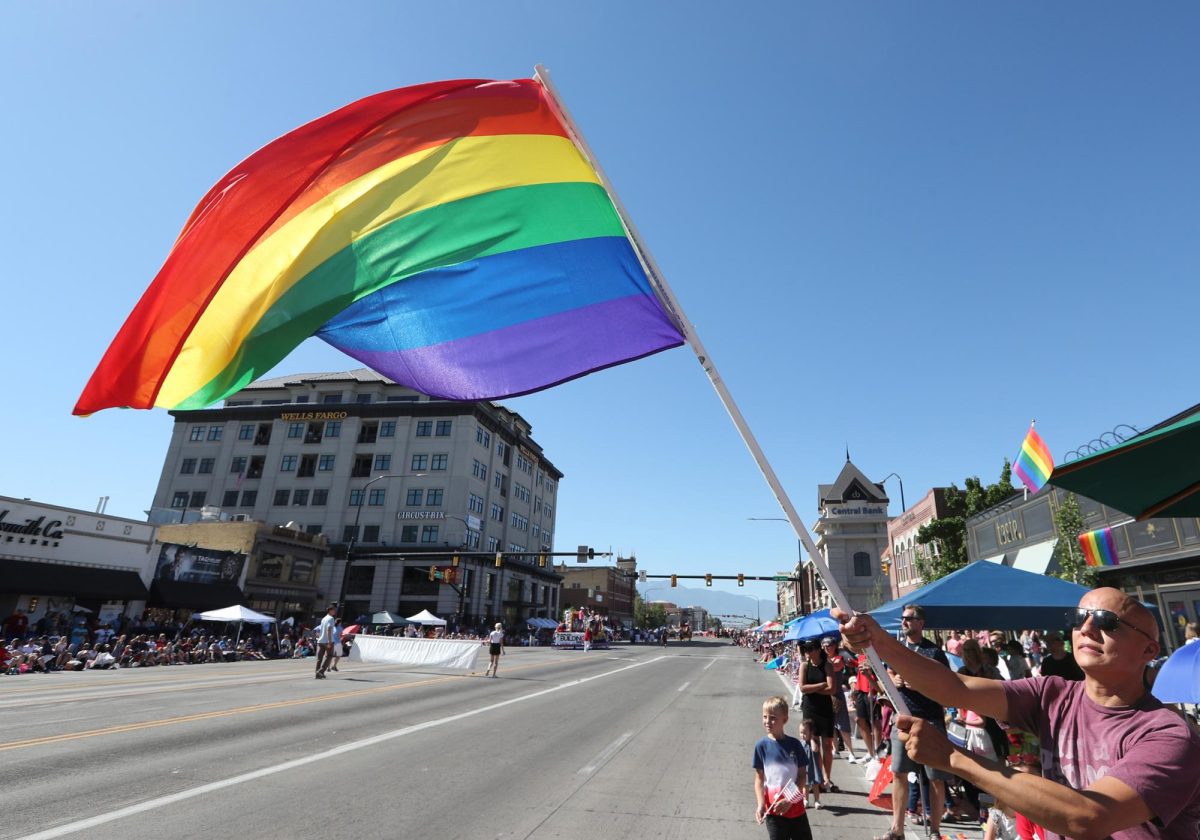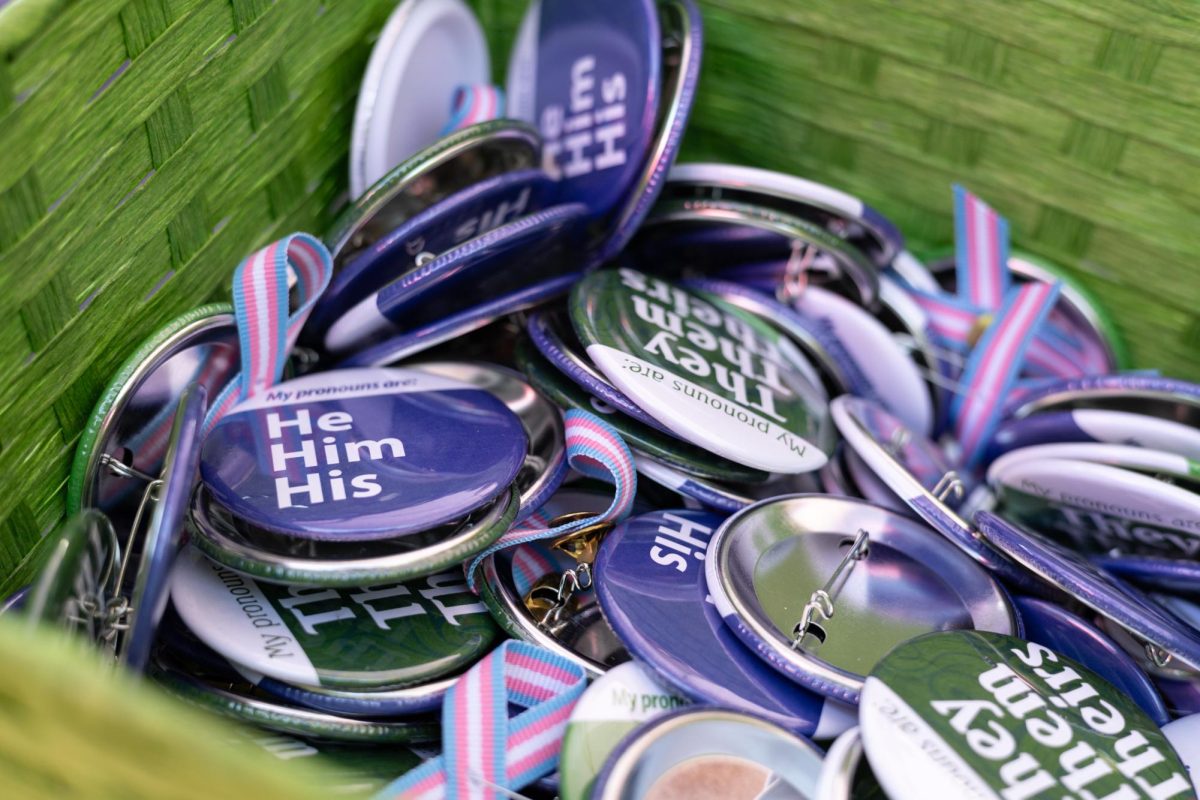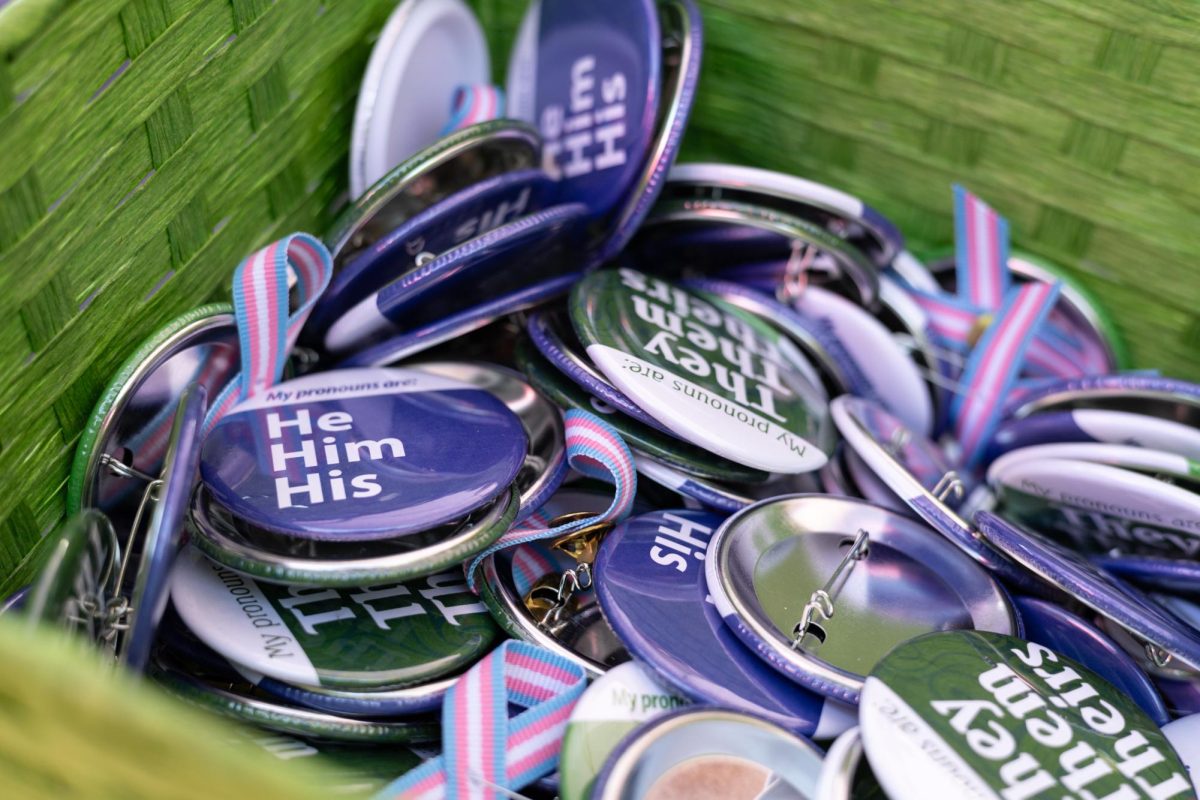In 1999, Gwendolyn Ann Smith — a transgender advocate — created a vigil to pay homage to transgender lives lost to anti-transgender violence, according to GLAAD. This vigil was the catalyst for Transgender Day of Remembrance, celebrated annually on Nov. 20.

On Nov. 19, Weber State’s LGBT Resource Center held their own vigil in the Shepherd Union Atrium where they read 23 names of transgender black women who were killed during acts of anti-transgender violence in 2019.
Terri Hughes, a WSU political science major, attended the vigil. She said the event felt personal for her.
“As a young, black woman, this really impacted me because those are my sisters. Those women had their lives taken from them, and it breaks my heart,” Hughes said. “These women were unapologetically themselves, and that’s what I love about them. Sadly that cost them their lives, but their legacy will forever live on and forever be with me and black transgender generations to come.”
Hughes attends events hosted by the LGBT Resource Center to show her support for the community and people within her own life, like her sister.
“I’ve learned how to be unapologetically myself from my friends and my sister, and that’s because they are living a different life, but they know who they are, and they’re okay with that,” Hughes said. “I’ve learned love, loving yourself and being okay with who you are.”
Jayson Stokes, WSU’s LGBT Resource Center coordinator, said Transgender Day of Remembrance is important to honor.
“The transgender community is often marginalized and left out of recognition, in terms of LGBTQ efforts,” Stokes said. “There’s also other important reasons to recognize and honor Transgender Day of Remembrance. Our trans friends and family are often more likely to experience discrimination based on their identity.”
Stokes said transgender people often face obstacles when trying to obtain healthcare, housing and jobs because of stigmas and discrimination.
“Because of this stigma and discrimination that transgender folks face every day of their life, we see very high rates of depression, anxiety and suicide within the community,” Stokes said. “Outside of that, there’s an even higher rate of transgender folks being the victim of violent crimes and lack of reporting to law enforcement.”
Stokes says that one way students can help stop the stigma and discrimination is by starting conversations.
“What we find is that when somebody knows someone else in this community, it’s very difficult to continue to believe biased inaccurate information,” Stokes said. “Students have power among their peers by speaking up and creating spaces where our transgender community feels safe and just as welcome as anybody else.”






